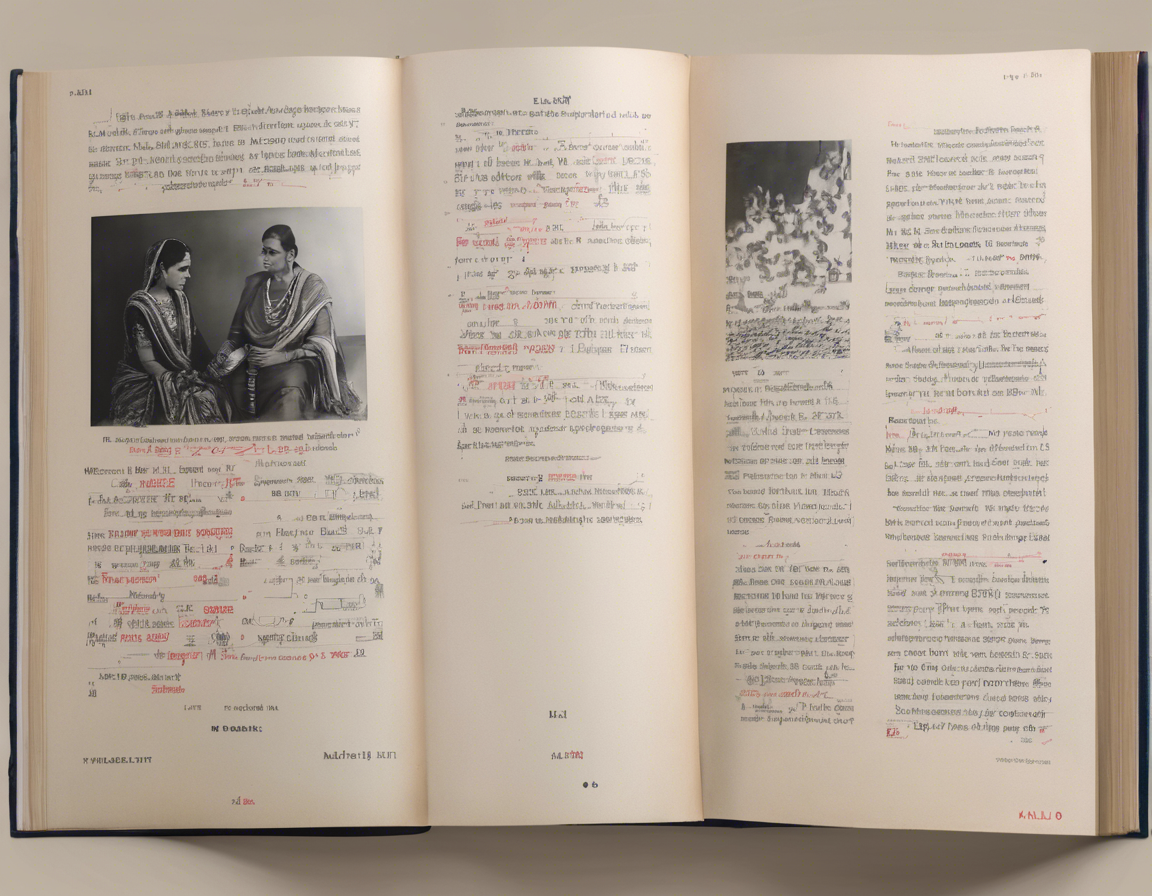

Deep within the pages of Indian mythology lies a figure shrouded in mystery and power – Kalki, the prophesied tenth avatar of Lord Vishnu. The concept of Kalki has captured the imaginations of many for centuries, manifesting in various forms across literature, art, and religious beliefs. One such manifestation is the 1978 novel “Kalki” by Gore Vidal.
Gore Vidal, known for his provocative and unconventional storytelling, ventures into the realm of historical fiction with “Kalki.” Set in a dystopian future where corruption, nuclear war, and ecological disasters have ravaged the world, the novel follows the journey of Kalki – a charismatic cult leader who rises to power in post-apocalyptic America.
1. Dystopian Society:
Vidal paints a grim picture of a society in decay, marred by deeply entrenched societal inequalities and moral decadence.
2. Religious and Political Manipulation:
The character of Kalki represents a potent blend of religious zealotry and political ambition, utilizing his enigmatic persona to amass a devoted following.
3. Apocalyptic Tensions:
As the world teeters on the brink of destruction, the novel delves into themes of faith, power, and human nature in the face of impending doom.
Kalki, whose name signifies “the destroyer of filth,” embodies a complex fusion of messianic fervor and Machiavellian cunning. His enigmatic allure draws followers from diverse backgrounds, each seeking salvation or power in the chaotic landscape of Vidal’s imagination.
In “Kalki,” Vidal masterfully weaves together elements of religion, politics, and existential dread to create a narrative that challenges conventional perceptions of power and salvation. Through Kalki’s charismatic persona, Vidal explores the seductive allure of authoritarian figures and the dangers of unchecked fanaticism.
Despite garnering mixed reviews upon its release, “Kalki” endures as a compelling exploration of humanity’s capacity for both destruction and redemption. Vidal’s unflinching portrayal of a society on the brink of collapse continues to resonate with readers grappling with contemporary issues of environmental degradation, political upheaval, and moral ambiguity.
1. Is “Kalki” a retelling of the traditional mythological narrative of Kalki avatar?
No, Gore Vidal’s “Kalki” reimagines the concept of Kalki in a futuristic, dystopian setting, offering a unique perspective on themes of power and salvation.
2. What genre does “Kalki” fall under?
“Kalki” is classified as a work of historical fiction with elements of science fiction and political satire.
3. How does Gore Vidal explore the theme of religion in “Kalki”?
Vidal uses Kalki’s character to delve into the complexities of religious fervor, exploring how faith can be wielded as a tool for manipulation and control.
4. What sets “Kalki” apart from other dystopian novels?
Vidal’s distinctive blend of political commentary and philosophical inquiry distinguishes “Kalki” from traditional dystopian narratives, offering a unique literary experience.
5. What overarching message does “Kalki” convey to its readers?
Through the character of Kalki, Vidal prompts readers to reflect on the enduring themes of power, faith, and the human condition in the face of societal collapse.
In conclusion, Gore Vidal’s “Kalki” stands as a testament to the enduring power of storytelling to provoke thought, challenge conventions, and spark dialogue about the intricacies of the human experience. Through its exploration of themes both timeless and timely, “Kalki” invites readers to embark on a journey of introspection and inquiry into the darker recesses of the human psyche.
When we cerebrate of authoritative Disney baddie, role like Scar from " The Lion King…
Intro HBO Max has turn a conk - to rain buckets program for many anime…
With the rising of cyclosis servicing and on - demand subject, keep an eye on…
' Tis the time of year to tea cosy up on the lounge with a…
As I 'm a Celeb 2023 approach, the rumor, conjecture, and play environ the beloved…
Sobre Toda Cosa Guardada Guarda Tu Corazón En la vida cotidiana, nos enfrentamos a una…
This website uses cookies.